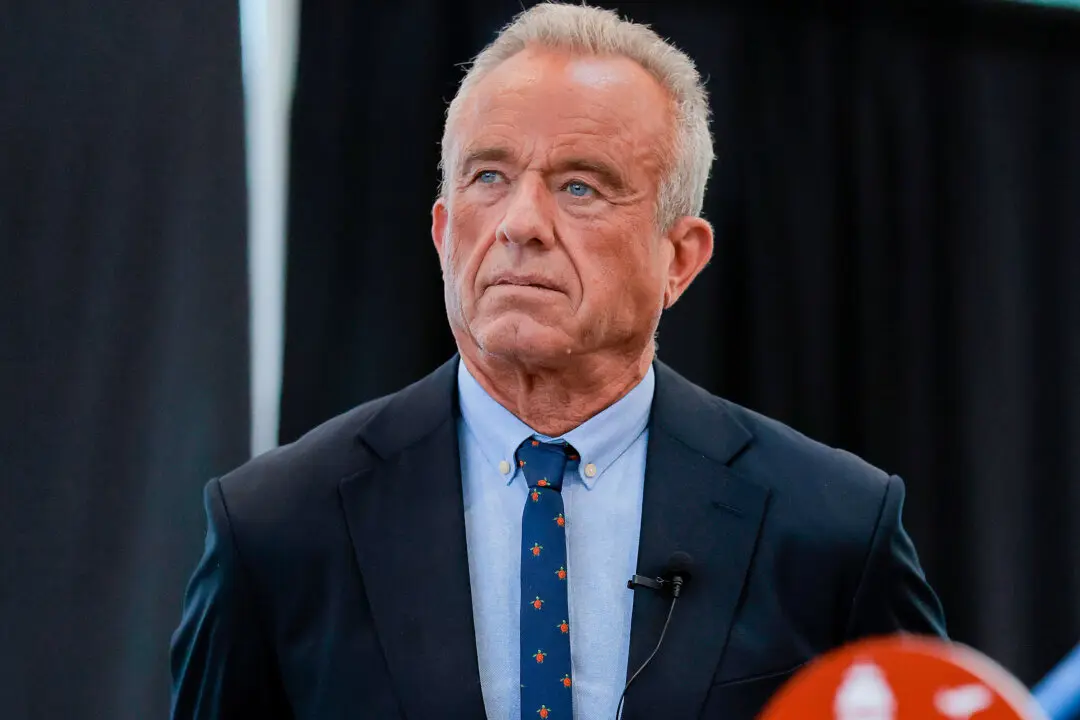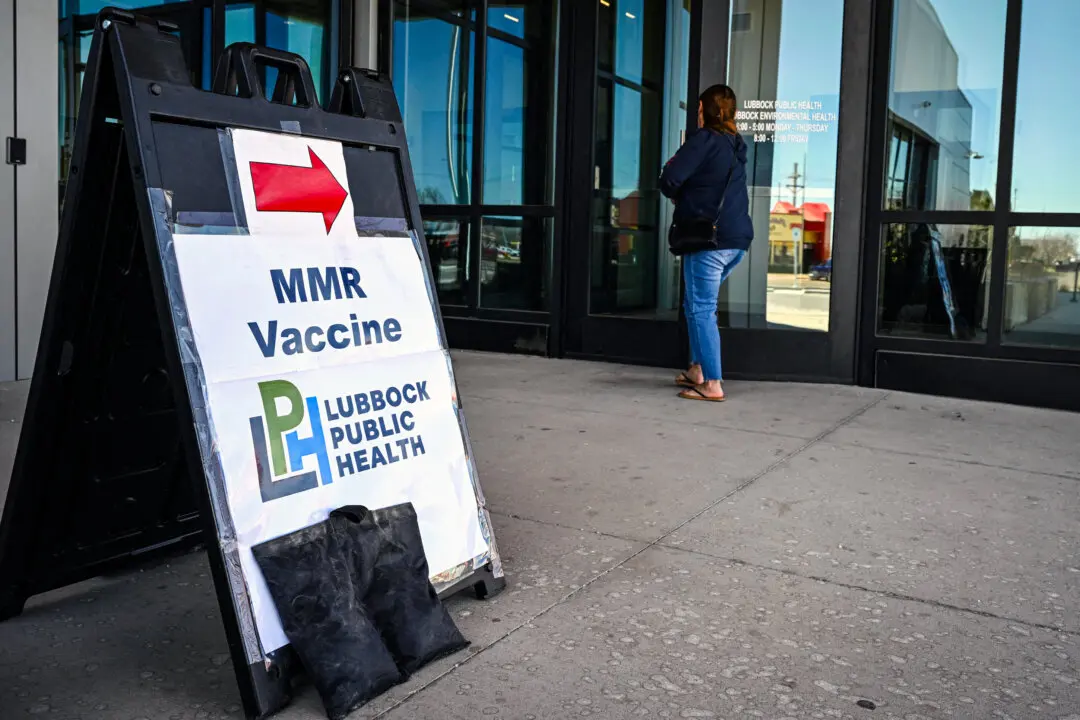U.S. President Joe Biden and Russian President Vladimir Putin will meet in Switzerland next month, the White House confirmed on Tuesday.
The leaders will convene in Geneva on June 16 to “discuss the full range of pressing issues, as we seek to restore predictability and stability to the U.S.-Russia relationship,” White House press secretary Jen Psaki said in a brief two-sentence statement, a day after she declined to confirm reports of the upcoming meeting.





